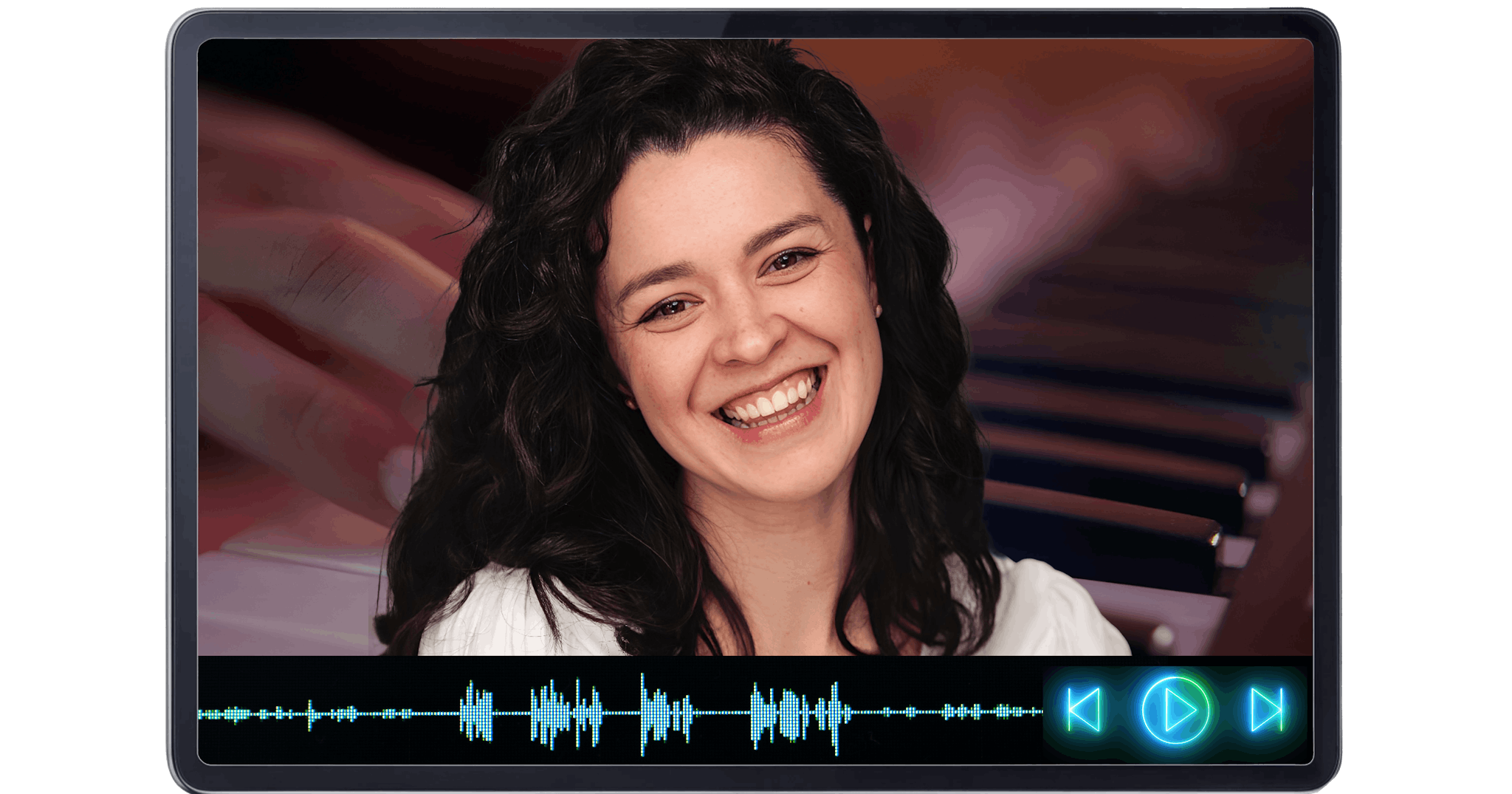The blues isn’t just a genre. It’s the foundation of modern guitar playing. Rock, jazz, soul, even hip hop owe something to the phrasing and spirit of the blues. For guitarists, it’s more than scales and licks. It’s about finding a voice on the instrument that can cry, laugh, and tell a story.
B.B. King: The Life Behind Lucille
No one embodied the blues more than B.B. King. Born Riley B. King in 1925 on a cotton plantation in Mississippi, his childhood was filled with hardship. His mother died when he was young, and he grew up working the fields while finding escape in music. Gospel and church songs shaped his early sound, but the guitar became his truest companion.
As a teenager, he played on street corners for change before getting his first break on Memphis radio. The DJ called him the “Beale Street Blues Boy”. Over time that nickname was shortened, and the world came to know him simply as B.B. King.
Fire, Fights, and Lucille
One of the most famous stories from his life happened in the late 1940s. B.B. was playing a dance hall in Arkansas when a fight broke out. Someone knocked over a paraffin heater and the wooden building went up in flames. Everyone ran outside, but B.B. realised he had left his guitar inside. Without thinking, he rushed back into the fire to save it.
He later found out the two men had been fighting over a woman named Lucille. From that day on, he named every guitar he owned after her. It was a reminder of two things: never risk your life for a guitar, and never forget how much the instrument means to you.
Finding His Sound
B.B. King didn’t play like anyone else. He didn’t rely on chords during solos. Instead, he focused on single notes that carried the emotion of a singer’s voice. His fluttering vibrato, which fans came to call his “butterfly vibrato”, was instantly recognisable.
He once said, “When I play a note, I want it to sound like a gospel singer holding a note in church.” That philosophy turned simple phrases into something unforgettable.
Life on the Road
B.B. was a working musician in the truest sense. At his peak, he played more than 300 shows a year. Even as he got older, he still performed about 100 nights annually. He often joked, “I’ve been married to music for over 50 years. Lucille is my mistress.”
Fame never made him untouchable. He was known for staying after concerts, meeting fans, shaking hands, and telling stories. To him, the people mattered as much as the music.
Crossing Borders
B.B. wasn’t afraid to bring blues into new spaces. In 1969, he opened for the Rolling Stones, winning over a whole new generation of rock fans. Over the years he collaborated with artists from U2 to Eric Clapton.
By the time he passed away in 2015, B.B. King had won 15 Grammys, played for presidents, and inspired guitarists everywhere. Yet he carried himself with the humility of that young man from Mississippi playing for coins on a street corner.
What Guitarists Can Learn from B.B. King
- Every phrase should tell a story. Don’t just play through a scale.
- Develop your own sound. A unique vibrato or bend can say more than speed or flash.
- Remember that music is about connection. Your attitude and generosity are as important as your technique.
Learn the Blues Yourself
If B.B. King’s story inspires you, there’s no better time to bring the blues into your own playing. You can book a lesson with one of our experienced guitar teachers and start building your own voice on the instrument.
For players who want to focus on the blues, book a session with Jordan Hibbert. Jordan specialises in blues guitar and can help you master phrasing, vibrato, and the expressive touches that define the style.
Closing Thoughts
B.B. King’s life shows us that the blues is more than music. It’s resilience, humour, and humanity, expressed through a guitar. From running into a burning building to save Lucille to filling stadiums with just a few well-placed notes, his story is both cautionary and inspiring.
For guitarists, the message is simple. Don’t try to play everything. Play something that matters. And if you want guidance on finding that voice, our teachers are here to help.


